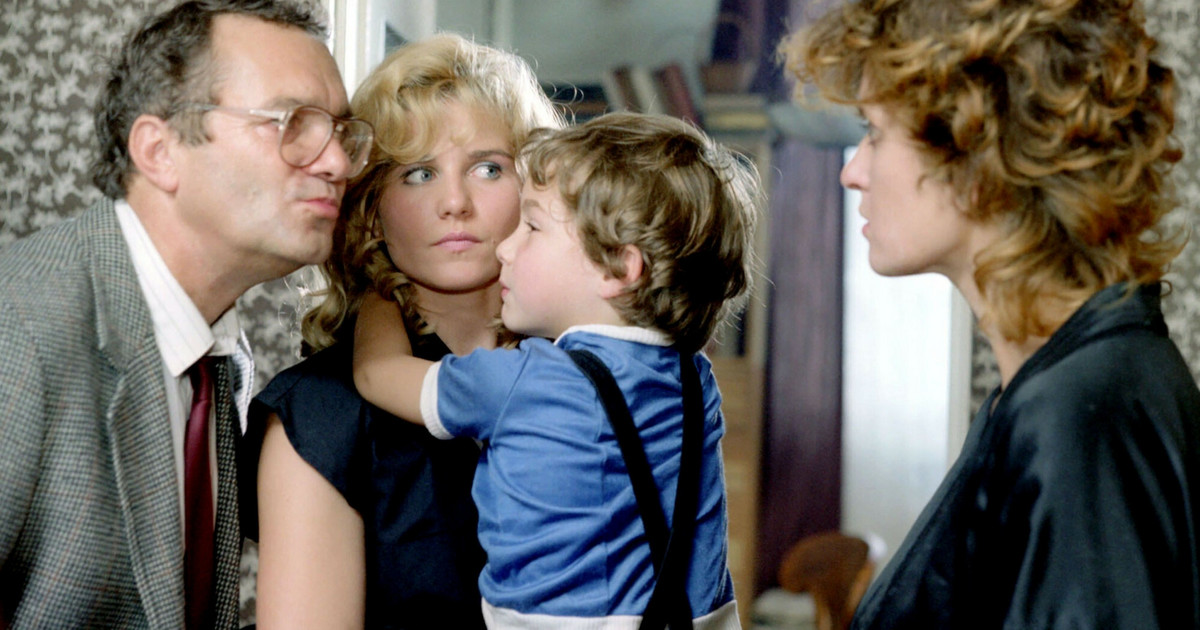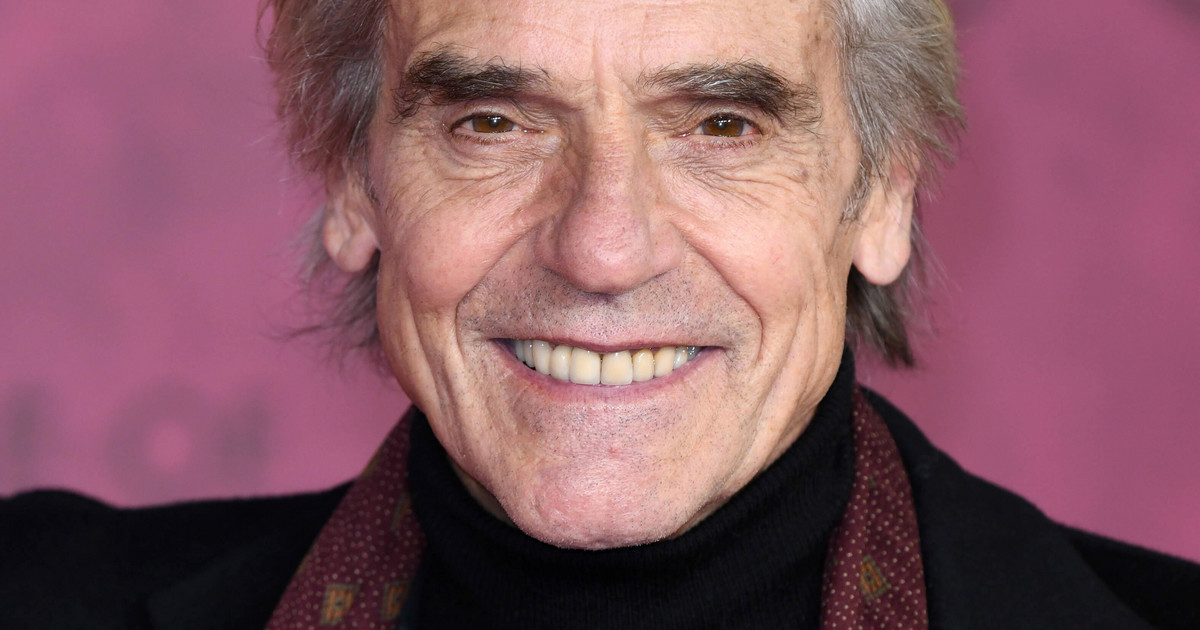“Kogel-mogel”: It is best to stay away from them as much as possible
We have reached the end of the Polish People's Republic, where a university professor's first aid is limited to the suggestion of a “punch in the face.” Kasia (Grażyna Błęcka-Kolska), fainted from the emotions of the exam, receives a “slap in the face” from her friend – clearly satisfied with the opportunity. In the course of the following minutes of the session, the female's slap could be described as prophetic.
Kasia is trying to achieve her dream of higher education, but her doting father (Jerzy Turek) is preparing bottles of vodka, and with them the days until the marriage of his eldest son to the wealthy Staszek Kolasa (Jerzy Rogalski). There is no point in running away and screaming from the agreed-upon fiancée when canceling the wedding for the head of the Sulski family is “impossible”.











